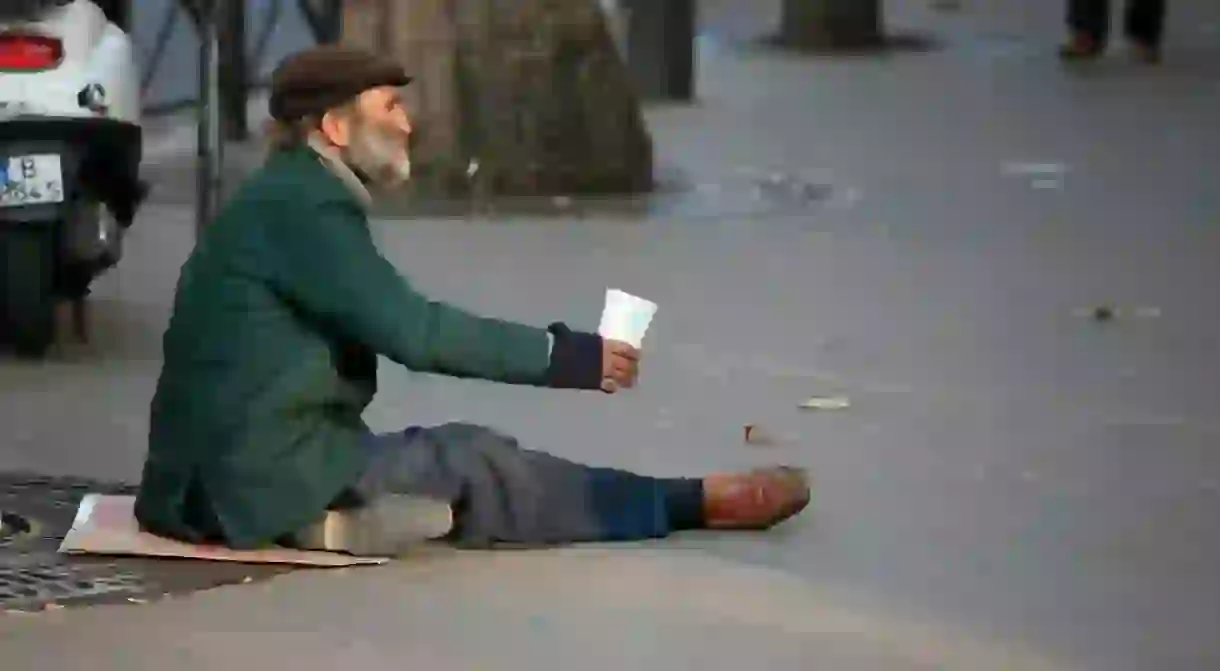Paris Counts its Homeless for the First Time: Here's Why it's Important

Paris is the city of dreams, recently hailed as the most elegant city in the world. But there is a darker truth that lurks behind this stereotype. Paris has a big problem with homelessness and shockingly, the authorities have never known the true numbers of the city’s homeless population until now.
French charities have previously estimated the homeless population of Paris to be around 3,000, but there’s been no official data, and so no one can be sure. However, under increasing pressure to take action, Paris Mayor Anne Hidalgo carried out the city’s first ever homeless census on 15 February this year.

Around 2,000 civil servants and volunteers participated in the nocturnal count of homeless people, called ‘Nuit de la Solidarité‘, organised by the Paris mayor’s office. Perhaps surprisingly, the number of non-nationals among the homeless was not included in the census – this is because France has strict rules about collecting data on ethnicity. A city hall spokeswoman said knowing their nationality was “not a priority”. Those working on the census made sure to not wake people if they were sleeping, and to use a questionnaire that guaranteed anonymity. Early figures are expected to be released next week ahead of the full census next month.

In 2017, the French president, Emmanuel Macron, boldly pledged that rough-sleeping would become a problem of the past by the end of the year. But it’s 2018 and homelessness is still a widespread issue, with the ambitious vision of streets free of people sleeping rough yet to take shape. “We’ve failed there,” Macron was forced to admit last week.

The city struggles with this problem much more than other European cities. The most shocking figure released is that an average of 480 homeless people are reported to have died on the streets of France every year, though the exact figure is estimated to be six times higher.
The statement from one official, State Secretary for Housing, Julien Denormandie, that there are just 50 homeless people in the Paris metropolitan area, sparked national outrage and shows how great the disconnect is between the politician’s view and reality. The decision to conduct the first official census strives to combat these all-too-familiar misconceptions.

But thankfully, there are many homelessness initiatives that the city is working on to combat this issue.
In 2016, the Le Carillon project was launched in the 11th district of Paris and has been inspiring significant positive change ever since. The project invites businesses to place stickers in their windows indicating that free meals, drinks and bathrooms are available for homeless people free of charge.
At the market Les poireaux de Marguerite, these stickers indicate that homeless residents are able reheat a dish or make an emergency phone call. Other organisations place stickers to show that first aid kits and free haircuts are available, that a phone can be charged or that they can send an email for free.

The movement has even convinced numerous Carrefour stores to join in helping, donating food and drink to the homeless instead of the produce going to waste.













